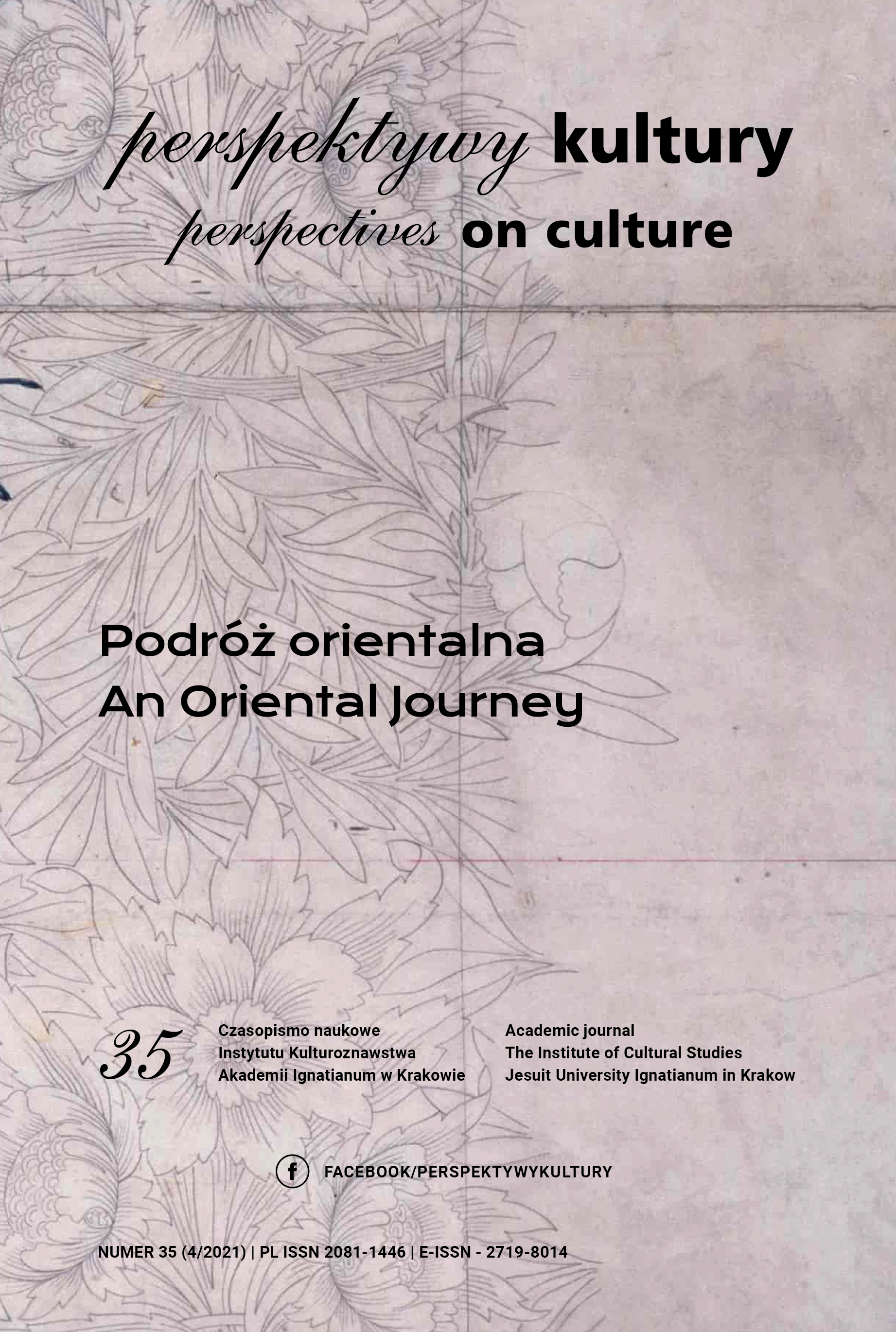Macro and Mesoeconomic Effects of the Pandemic and the Importance of Innovation During the Coronavirus (COVID-19) Pandemic – a Review of Selected Empirical Studies
Abstract
The aim of the article is to define the changes COVID-19 coronavirus pandemic has had on the macroand mesoeconomic in a context of the importance of innovation for national economies. The coronavirus (SARS-CoV-2) pandemic and its fast circulation have affected social and economic life around the world. The actions taken by the governments of the states became an exogenous shock for a large part of economic entities. The continuing state of crisis caused by the COVID pandemic leads to a reflection on the current production and consumption. By observing the reality, a research gap was noticed and the need has emerged to analyze the importance of innovation in economic processes in the current fight against the coronavirus disease (COVID-19) caused by SARS-CoV-2, which has reached a pandemic status. Therefore, the latest scientific publications in the field of the conducted research on the subject matter were analyzed. As a result of the analysis, industries that lost and gained within a year from the appearance of the corona-crisis were selected.
References
Alexis, P. (2017). R-Tourism: Introducing the potential impact of robotics and service automation in tourism. Ovidius University Annals, Series Economic Sciences, t. XVII, 1. Pozyskano z: http://stec.univ-ovidius.ro/ html/anale/ RO/2017/Section-III/16.pdf (dostęp: 09.01.2021).
Bhardwaj, P. Robots are replacing waiters and delivering fresh seafood right to people’s tables at Alibaba’s high-tech restaurant in Shanghai. Pozyskano z: https://www.businessinsider.com/alibaba-shanghai-restaurant-robothe-robots-waiters-photos-2018-7 (dostęp: 19.12.2020).
Chlebowski, K. (2020). Energetyka, Frugal Innovation i COVID-19. Pozyskano z: https://Www.Cire.Pl/ Pliki/2/2020/Energetyka_ frugal_innovatins_artykul.Pdf, 1–6.
Cholera (2020). Pozyskano z: https://www.history.com/topics/inventions/ history-of-cholera (dostęp: 15.12.2020).
Coronavirus: China’s first confirmed Covid-19 case traced back to November 17 (2020). Pozyskano z: https://www.scmp.com/news/china/society/ article/3074991/coronavirus-chinas-first-confirmed-covid-19-case-traced-back (dostęp: 11.01.2021).
Dcode, Decoding the Economics of Covid-19. (2020). Dcode Economic and Financial Consulting Analysis. Pozyskano z: https://dcodeefc.com/infographics (dostęp: 11.01.2021).
Henn na Hotel Maihama Tokyo Bay (2020). Pozyskano z: https://www. booking.com/hotel/jp/henna-hotel-maihama.pl.html, 2020 (dostęp: 09.01.2021).
Hiszpanka: czego nie wiecie o największej epidemii w historii? Pozyskano z: https://www.medonet.pl/koronawirus/to-musisz-wiedziec,grypa-hiszpanka--czego-nie-wiecie-o-najwiekszej-epidemii-w-historii-,artykul,43757339.html (dostęp: 18.12.2020).
Kirk, C.P. i Rifkin, L.S. (2020). I’ll Trade You Diamonds for Toilet Paper: Consumer Reacting, Coping and Adapting Behaviors in the COVID-19 Pandemic. Journal of Business Research, 124–131.
Kuckertz, A., Brändle, L., Gaudig, A., Hinderer, S., Reyes, C.A.M., Prochotta, A. i in. (2020). Startups in Times of Crisis – A Rapid Response to the COVID-19 Pandemic. Journal of Business Venturing Insights, 13 April.
Marr, B. Robots and drones are now used to fight COVID-19. Pozyskano z: https://www.forbes.com/sites/bernardmarr/2020/03/18/how-robots-and-drones-are-helping-to-fight-coronavirus/#f29aee32a12e (dostęp: 08.01.2021).
Marsylia 300 lat temu (2020). Pozyskano z: http://racjonalista.tv/marsylia-300-lat-temu/ (dostęp: 11.01.2021).
Mention, A.L., Ferreira, J.J.P., & Torkkeli, M. (2020). Coronavirus: a catalyst for change and innovation. Journal of Innovation Management, 8(1).
Sheffield, J. The Ultimate Travel Bot List. 30 Seconds to Fly Homepage. Pozyskano z: https://www.30secondstofly.com/ai-software/ultimate-travel-bot-list/ (dostęp: 04.01.2021).
Travellers Expect Robots on Their Holidays by 2020. Travelzoo Homepage. Pozyskano z: https://press.travelzoo.com/robophiles--robophobes--britons-divided-over-use-of-robots-in-travel/ (dostęp: 08.01.2021).
Trejos, N. Introducing Connie, Hilton’s new robot concierge. Pozyskano z: https://www.usatoday.com/story/travel/roadwarriorvoices/2016/03/09/ introducing-connie-hiltons-new-robot-concierge/81525924/ (dostęp: 10.01.2021).
Wang, C., Cheng, Z., Yue, X.G., & McAleer, M. (2020). Risk Management of COVID-19 by Universities in China. Journal of Risk and Financial Management, 36.
World Economic Forum, Digital Transformation Initiative Aviation, Travel and Tourism Industry. World Economic Forum White Paper. Pozyskano z: https://www.accenture.com/t20170116T084449__w__/us-en/_ acnmedia/Accenture/ConversionAssets/WEF/PDF/Accenture-DTI-Aviation-Travel-and-Tourism-Industry-White-Paper.pdf#zoom=50 (dostęp: 10.06.2020).
Zeng, Z., Chen, P.J., & Lew, A.A. (2020). From high-touch to high-tech: COVID-19 drives robotics adoption. Tourism Geographies: An International Journal of Tourism Space, Place and Environment, 1–11.
Copyright (c) 2021 Jesuit University Ignatianum in Krakow

This work is licensed under a Creative Commons Attribution 4.0 International License.
Autor, zgłaszając swój artykuł, wyraża zgodę na korzystanie przez Wydawnictwo Uniwersystet Ignatianum z utworu na następujących polach eksploatacji:
- utrwalania utworu w formie papierowej, a także na nośniku cyfrowym lub magnetycznym;
- zwielokrotnienia utworu dowolną techniką, bez ograniczenia ilości wydań i liczby egzemplarzy;
- rozpowszechniania utworu i jego zwielokrotnionych egzemplarzy na jakimkolwiek nośniku, w tym wprowadzenia do obrotu, sprzedaży, użyczenia, najmu;
- wprowadzenia utworu do pamięci komputera;
- rozpowszechniania utworu w sieciach informatycznych, w tym w sieci Internet;
- publicznego wykonania, wystawienia, wyświetlenia, odtworzenia oraz nadawania i reemitowania, a także publicznego udostępniania utworu w taki sposób, aby każdy mógł mieć do niego dostęp w miejscu i czasie przez siebie wybranym.
Wydawca zobowiązuje się szanować osobiste prawa autorskie do utworu.





